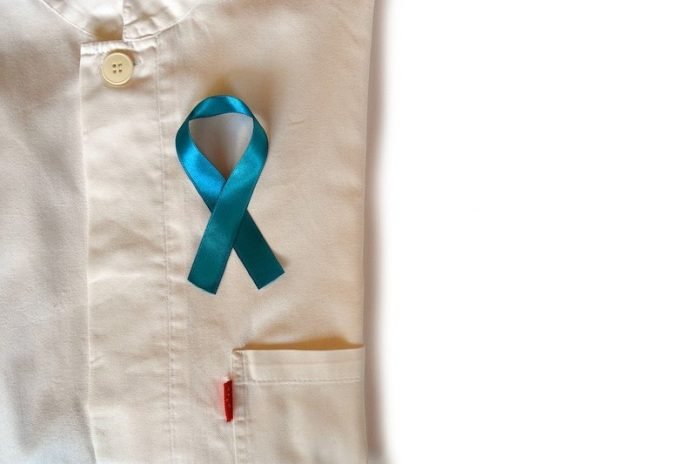
The American Cancer Society estimates about one in eight men will be diagnosed with prostate cancer during his lifetime.
Men and their loved ones should be proactive about prostate health all year long by being aware of prostate cancer symptoms and learning how to maintain good prostate health.
Tina Mayer, MD, medical oncologist in the Prostate Cancer Program at Rutgers Cancer Institute of New Jersey and an associate professor of medicine at Rutgers Robert Wood Johnson Medical School, shares more about prostate health.
What is the prostate and what does it do?
The prostate is a gland in the male reproductive system. It is located between the bladder and the rectum and sits around the urethra, which is a tube the carries urine from the bladder to the penis.
The prostate secretes fluid that is part of semen. Normally the size of a walnut, the prostate can grow larger as men get older.
Not all enlargement of the prostate is related to cancer, as the prostate can enlarge due to a condition called benign prostatic hyperplasia (BPH).
What are the symptoms of prostate cancer and how is it detected?
In many cases, prostate cancer is found in men without symptoms. A blood test called PSA (prostate-specific antigen), which is often ordered by primary care providers as part of routine cancer screening, can often be the first sign of prostate cancer.
Some prostate cancers can be detected by an abnormal prostate exam or by trouble with urination (frequent urination, trouble passing urine, sudden urgency to pass urine).
Symptoms such as weight loss or bone pain can occur in men with advanced prostate cancer.
However, the majority of men diagnosed with prostate cancer have disease that is limited to the prostate. PSA screening can detect cancers early, before any spread has occurred.
What is your advice to men to help maintain good prostate health?
For all of my patients with active prostate cancer or at risk of recurrence of prostate cancer, I emphasize the importance of overall healthy lifestyle.
This includes regular activity, ideally a structured exercise regimen, as well as maintaining a healthy weight. American Cancer Society guidelines include recommendations for exercise at least 150 minutes per week.
Making good eating choices includes a diet with lots of fruits, vegetables and whole grains and limited amounts of saturated fats and high calorie beverages. Paying attention to overall calorie intake is incredibly important as well.
If you care about cancer, please read studies about this vitamin is particularly important for your cancer prevention and findings of this thing in mouth could lead to aggressive oral cancer.
For more information about cancer and your health, please see recent studies about this herb may help treat pancreatic cancer and results showing that this anti-diarrhea drug may help kill brain cancer.




